
It is not clear that global shipping will be included in either arrangement. However, the proposal will affect the long-standing preferential tax treatment that has become one of the financial foundations of maritime enterprises and applies to the international freight market.
The Minimum Tax plan is an effort to fix the issue of tax avoidance. In regulatory terms, the phenomenon in which foreign firms take advantage of tax shelters to limit their taxation as their enterprise runs in another country is known as base erosion and benefit shifting. The OECD reports that the activity would cost countries between $100 billion and $240 billion in missed income, or 4% to 10% of global corporate tax revenue.
The OECD initiative seeks to remove tax benefits by allowing the tax authorities to impose a tax to compensate for evasion by a tax shelter where the multinational has its offices. In turn, this will establish a worldwide minimum fee.
If the global minimum tax still extends to the shipping industry, the new plan leaves it free.
Shipping lobbyists have campaigned for a carve-out and, as several nations have backed their case, have been at least partly successful. However, several countries have protested against a special exemption.
Subjecting shipping to a minimum global tax will undo the sector’s decades of tax evasion. By allowing their shipowners to register their vessels in tax havens, policymakers have encouraged the trend. They then attempted to regain lost revenue by employing taxes on the quantities of freight carried on ships, referred to as tonnage taxes, which are usually very beneficial to shipping firms.
As a consequence, many transportation firms pay no tax on corporate profits. On average, for bulk trade, 3 percent for the tanker industry and 0 percent for cruise shipping firms, the effective corporate tax rate is 6 percent.
Other sections of the freight transport market are far below the average rate of corporate income tax. The average rate for freight forwarders is 27 percent.
An extra $2.5 billion a year in tax proceeds from the shipping industry alone will put in a minimum tax rate of 12.5 percent of earnings. In Europe and Asia, much of these extra tax receipts are expected to flow to governments.
Some of this would reduce shipping industry revenues, and part of this would be passed to consumers, resulting in increased prices for the marine supply chain. However, because shipping costs account for a relatively limited proportion of most goods’ import value, the impact in the broader business sector of the use of maritime transport is likely to be negligible. But the effect on freight transport as a whole may be substantial.
In other parts of the freight transportation chain, numerous shipping firms are active: they run port terminals, own trucking companies, and serve as freight forwarders. Control has stimulated this vertical convergence in different countries.
A study on maritime subsidies from the 2019 International Transport Forum noted that the European Commission approved a range of tonnage tax systems in the Member States that allowed shipping firms to partially place their terminal, forwarding, and even trucking operations’ revenues under the tonnage tax.
In other words, these corporations’ non-shipping operations could benefit from a very advantageous tonnage tax scheme.
The latest analysis reveals that port terminal operators belonging to a broader shipping community have a 14 percent effective tax rate. In contrast, autonomous, non-integrated terminal operators have a 21 percent effective tax rate. Over the last decade, the market share of terminal operators that are part of shipping companies has doubled and now stands at about 40 percent.
Applying the worldwide minimum tax rate to the shipping sector would help counter this economic distortion, and the movement towards vertical convergence of maritime logistics could be stopped.
The institutional landscape for shipping will also change.
Currently, most aircraft, also called flags of choice, are registered into international registries. The convenience here is for shipowners because they promise no corporate taxation and minimal labor-related or disclosure standards.
But for the compliance of international shipping laws, this arrangement is troublesome as it relies mostly on the supervision of a limited number of registry locations preferred by states. Panama, the Marshall Islands, and Liberia have the highest flag nations. Within the International Maritime Organisation, the United Nations’ arm that is the central shipping regulator, these flag states bear considerable influence as they pay the lion’s share of their contributions.
It is possible that adding a global minimum tax to the shipping industry will decrease the value of these comfort flags. Under the IMO, this may also rebalance control, with the leverage on decision-making and execution likely to transfer to trading and ship-owning nations with more remarkable regulatory compliance ability.
Synopsis based on The Wall Street Journal’s article.


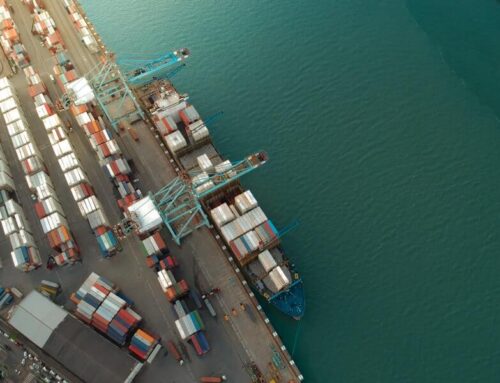
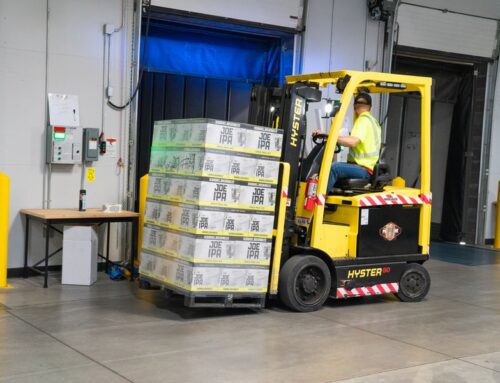
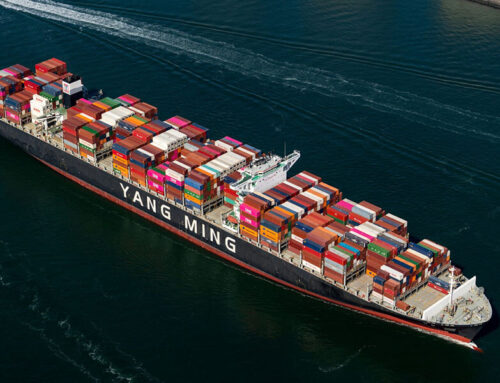
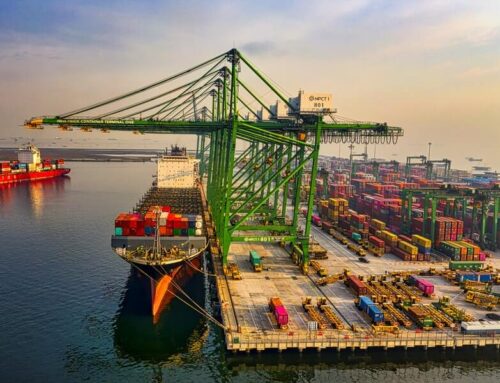
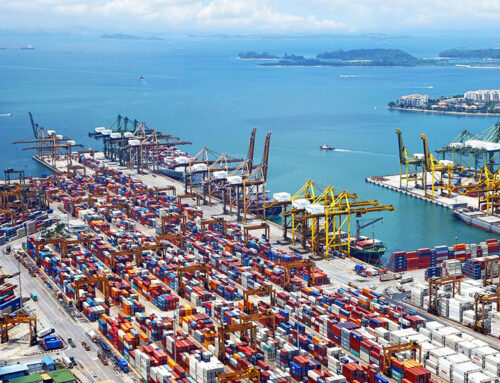
Leave A Comment